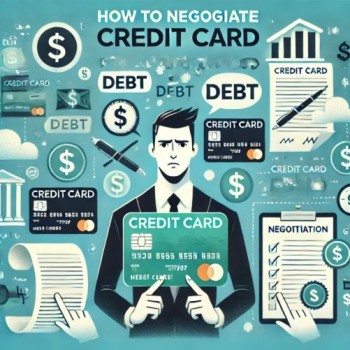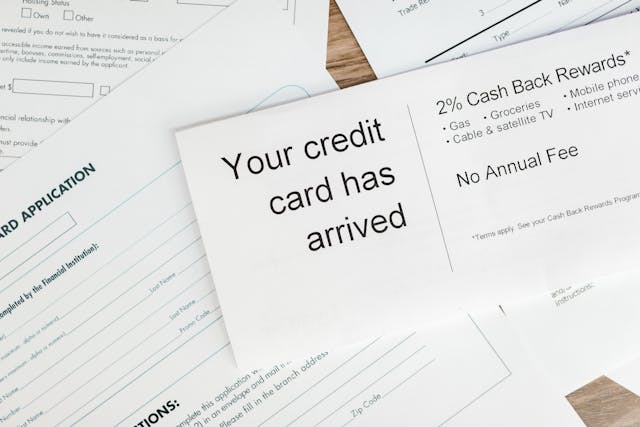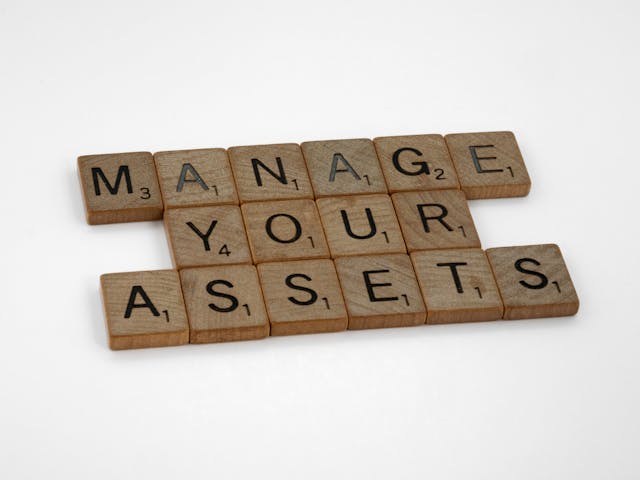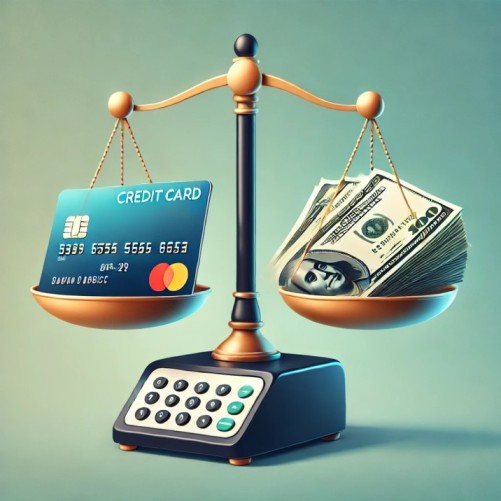How to Negotiate Credit Card Debt: Although managing credit card debt may be quite difficult, bargaining with creditors is a great strategy to lower your debt and restore your financial security. This book will show you how to successfully negotiate credit card debt by taking you through realistic, doable stages.

Knowing How to Negotiate Credit Card Debt
Working with your creditor to come to an arrangement that will make it simpler for you to pay off your debt is known as credit card debt negotiation. This might entail establishing a payment plan, decreasing the interest rate, or lowering the overall amount owing. Demonstrating your financial difficulty and cooperation is crucial.

Crucial Components of Debt Settlement
Offering a one-time payment: That is less than the entire amount owing is known as a lump-sum settlement.
Plans for Hardship Payments: These plans temporarily lower monthly payments to assist you in getting back on your feet financially.
Interest Rate Reduction: Over time, managing your payments may be simpler with a reduced interest rate.
What Makes Credit Card Debt Negotiable?
Consider settling your credit card debt for a number of strong reasons:
Avoid Bankruptcy: By negotiating, you can steer clear of the long-term repercussions of filing for bankruptcy.
Reduced Payments: By securing reduced monthly payments, you may better manage your debt.
Reduce Stress: The emotional strain of debt can be lessened with a well-organised approach.
Avoid Legal Action: You can steer clear of litigation or wage garnishments brought by creditors by engaging in negotiations.
How to Bargain for Credit Card Debt
1. Evaluate Your Financial Condition
Examine your finances carefully before contacting your creditor. Determine your overall income, out-of-pocket costs, and debts. You may use this information to determine how much you can actually afford to pay.

Make a basic budget to see how much you make and how much you spend. Prioritise necessities like groceries, electricity, and rent while looking for places where you may make savings to put more money towards debt reduction.
2. Recognise Your Creditor’s Opinion
The goal of credit card corporations is to get as much money back as they can. With this knowledge, you may approach the negotiation as a win-win situation. Be forthright about your financial predicament and ready to provide answers.
Examine the debt settlement rules and procedures of your creditors. Some businesses could be more adaptable than others, and you might get an edge by being aware of their trends.
3. Compile the Required Records
Get ready to provide proof of your financial difficulties, like:
- Pay stubs or evidence of earnings
- Monthly costs and bills
- Bills for medical care (if applicable)
- Returns of taxes
- Letters outlining recent financial difficulties (such as illness or job loss)
Having these documents on hand strengthens your argument and shows that you are sincere.
4. Speak with Your Creditor
Speak with the customer service or collections division of the credit card company. Describe your circumstances and want to talk to a person who deals with hardship cases.
Expert Advice on Communication
- Be Polite: Be composed and courteous in all of your interactions.
- Be truthful: Clearly and concisely describe your financial challenges.
- Ask Questions: Find out what payment choices or hardship programs are available.
5. Make a Plan for Negotiations
Clearly state what you’re requesting. The following are typical options for negotiations:
- Offer a lump-sum settlement: which is a single payment that is less than the entire amount owed.
- Reduced Interest Rate: To make payments easier to handle, ask for a lower interest rate.
- Payment Plan: Provide a timetable for consistent, manageable payments.
Describe how your suggested course of action will assist the creditor as well as you. For instance, a payment plan guarantees consistent payments, but a lump-sum payout provides them with quick income.
6. Remain composed and tenacious
It may take some time to negotiate. Even if the first reaction is unfavourable, be courteous and professional. Request that your matter be escalated to a supervisor if required. Keep a record of every interaction, including names, dates, and terms that were discussed.
7. Put Everything in Writing
Ask for a written confirmation as soon as an agreement is achieved. The parameters of the negotiation, such as any lowered amounts, payment plans, or interest rate adjustments, should be covered in full in this document.
In the event of a disagreement, written agreements serve as evidence of the new conditions and provide protection for both parties.
Common Errors to Steer Clear of
- Ignoring Your Debt: Delaying makes the issue worse. Deal with problems as soon as possible.
- Failing to Prepare: Negotiations are less likely to be successful if there is no clear plan in place.
- Accepting Unaffordable Terms: Only accept terms that you can actually fulfil.
- Depending Only on Verbal Agreements: Make sure you always have written agreements.
Negotiation Alternatives
If talks don’t work out or you can’t come to an agreement, think about these alternatives:

1. Consolidation of debt
Consolidate many loans into one at a reduced interest rate. In the long run, this can save you money and make repayment easier.
2. Guidance on Credit
Consult a charity credit counselling organisation for advice. These experts can assist you in negotiating with creditors and developing a debt management strategy.
3. Companies That Handle Debt Settlement
For a charge, these businesses bargain with creditors to lower your overall debt. Before going this option, exercise caution and do much research.
4. Insolvency
Your debts may be eliminated or restructured as a last option if you file for bankruptcy. It has long-term effects on your credit and financial prospects, though.
The Advantages of Effective Negotiation
Credit card debt negotiation can:

- Enhance Financial Well-Being: Reduced debt and payments free up funds for investments or savings.
- Preserve Your Credit Score: Debt settlement is less detrimental than bankruptcy or default.
- Reduce Stress: Anxiety and uncertainty are reduced when there is a clear repayment plan.
- Avoid Legal Action: Prompt discussions can help steer clear of garnishments and litigation.
An Actual Case of Debt Negotiation Success
For example, a college graduate with $10,000 in credit card debt was able to negotiate a settlement for $6,000 by presenting a lump sum payment proposal and proving financial hardship. This kept bankruptcy at bay and saved $4,000. In order to obtain this agreement, the graduate’s proactive attitude and well-organised paperwork were essential.
Commonly Asked Questions
1. Can I independently negotiate my credit card debt?

Indeed, a lot of people are able to successfully negotiate debt without expert assistance. But planning is essential. Recognise your financial status, be aware of your rights, and negotiate with assurance.
2. Will my credit score suffer if I negotiate debt?
Although settling for less than the whole amount could have an effect on your credit score, it’s usually not as bad as going into default or filing for bankruptcy. Effective payment management can raise your credit score over time.
3. What is the duration of credit card debt negotiation?
Depending on your situation and the creditor, the timing changes. Days or weeks may pass before an agreement is finalised. Follow-up and perseverance are essential.
4. What happens if I can’t bargain with my creditor?
Investigate other options including debt consolidation, credit counselling, or obtaining legal counsel if your creditor is unwilling to engage in negotiations. Being aware of your alternatives guarantees that you maintain financial control.
Final Thoughts
One proactive strategy to take back control of your money is to negotiate your credit card debt. You may lower your debt and move towards financial stability by being aware of your alternatives, being well-prepared, and speaking clearly. Take the first step towards a future free of debt by starting today.

Additional Success Tips
- Monitor Your Credit Report: To make sure it is accurate and to keep tabs on developments, check your credit report on a regular basis.
- Set Financial Goals: To maintain motivation and repayment focus, set specific goals.
- Become knowledgeable: Learn about personal money techniques to steer clear of potential debt issues.
- Create an Emergency Fund: Set aside a little sum every month to pay for unforeseen costs.
Managing your credit card debt involves more than just negotiating; it also entails creating a long-term financial plan. Take control of your money and find financial peace by following the methods and techniques described in this guide.
Financial Mistakes to Avoid When Managing Debt: Your Complete Guide
